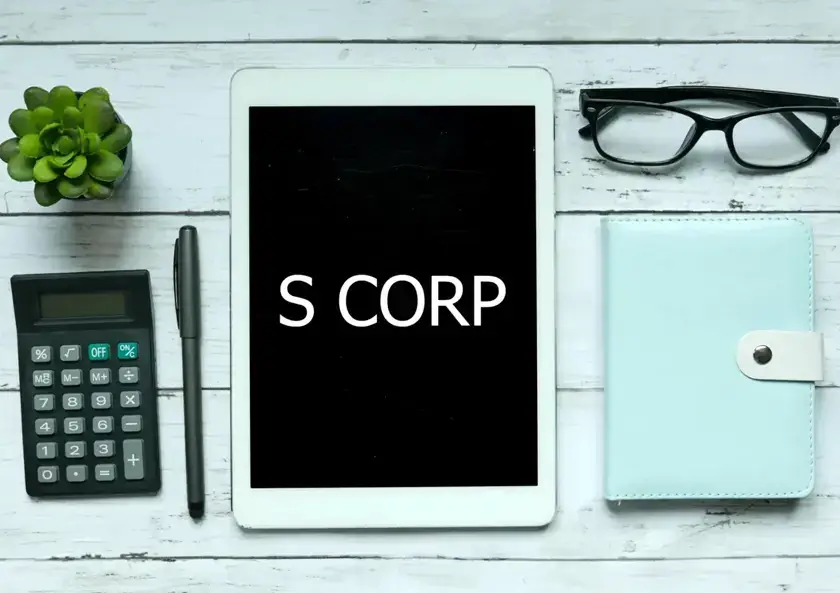When it comes to choosing the right business structure in Grafton, IL, S-Corporations have garnered significant attention for their unique advantages and disadvantages. Operating as a hybrid entity, They offer a middle ground between the simplicity of partnerships and the tax benefits of C-Corporations. In this blog, we will delve into the intricacies of S-Corporations to uncover the benefits they provide, as well as the potential drawbacks that entrepreneurs and shareholders should be aware of before deciding.
Advantages of S-Corporations
 Pass-Through Taxation
Pass-Through Taxation
S-Corporations boast pass-through taxation, meaning the business itself is not taxed at the federal level. Instead, profits and losses pass through to shareholders, who report them on their personal income tax returns. This feature helps avoid the double taxation faced by C-Corporations in Grafton, IL.
Limited Liability
Similar to C-Corporations, S-Corporations provide limited liability protection to their shareholders. This means that shareholders’ personal assets are generally shielded from business liabilities and debts, safeguarding their financial well-being.
Tax Efficiency
Shareholders in S-Corporations may receive both a salary and distributions. By carefully structuring these payments, business owners can potentially reduce self-employment taxes, leading to increased tax efficiency.
Flexibility in Ownership
These corporations allow for a diverse shareholder base, including individuals, other corporations, and certain trusts. This versatility facilitates growth and capital infusion into the business.
Employee Benefits
S-Corporation shareholders who are employees can access various benefits, such as health insurance, retirement plans, and fringe benefits, which can be deducted as business expenses.
Transferability of Ownership
Unlike certain other business structures, S-Corporations have relatively simpler procedures for transferring ownership, making it easier to sell or transfer shares in the company.
Disadvantages of S-Corporations
 Limited Number of Shareholders
Limited Number of Shareholders
S-Corporations are subject to strict eligibility criteria, allowing a maximum of 100 shareholders. Moreover, only U.S. citizens and resident aliens can become shareholders, excluding foreign investors from participation.
Restrictions on Ownership Types
S-Corporations cannot be owned by C-Corporations, other S-Corporations, LLCs, or partnerships. This limitation may discourage potential investors and limit the business’s ability to raise capital.
Passive Income Limitations
These kinds of corporations face restrictions on generating passive income. If a significant portion of the company’s income comes from investments or other passive sources, it may jeopardize its S-Corporation status.
Allocation of Profits and Losses
Unlike partnerships, S-Corporations must allocate profits and losses to shareholders based on their ownership percentage, regardless of their involvement in the company. This can lead to disputes and dissatisfaction among shareholders.
Strict Operational Formalities
S-Corporations must adhere to specific operational formalities, such as holding regular meetings, maintaining detailed records, and observing corporate bylaws. Failure to comply may risk losing the S-Corporation status.
Taxation of Built-in Gains
If a C-Corporation elects to become an S-Corporation, it may be subject to a corporate-level tax on the built-in gains of certain assets if they are sold within a certain period.
If you have any more questions regarding S-Corporations in Grafton, IL, be sure to give Diaz Law Offices a call today!




 Pass-Through Taxation
Pass-Through Taxation Limited Number of Shareholders
Limited Number of Shareholders
